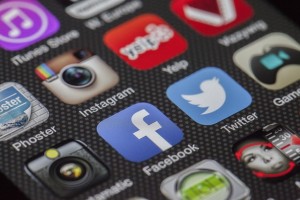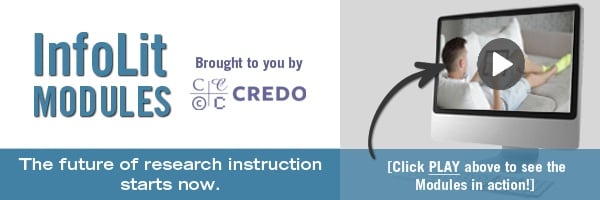 A growing number of Americans are getting their news from social media sites like Facebook and Twitter according to a recent poll from Pew Research. At the same time, NPR and others are reporting this month that a proliferation of fake news sites have to come into being that use the viral nature of social media to drive ad revenue.
A growing number of Americans are getting their news from social media sites like Facebook and Twitter according to a recent poll from Pew Research. At the same time, NPR and others are reporting this month that a proliferation of fake news sites have to come into being that use the viral nature of social media to drive ad revenue.
The Pew poll showed that two-thirds of Americans said they used social media sites to get news. 18% said they “often” got their news from social media. Facebook and Twitter already have the potential to limit their users' exposure to other viewpoints through the “echo chamber” effect; the introduction of purposely false news stories onto social media’s vast platform has led many to wonder if this has the power to swing elections, influence public opinion, and affect policy.
As the US moves further into the Knowledge Economy, information skills will become paramount for an individual’s success. However, the inability to evaluate information is already cited by professors across the country as a weakness of students today (Credo’s survey of faculty found only 16% who were confident in their students’ ability to evaluate information). As the sophistication and scope of fake news sites grows, the implications of this skills gap will expand too.
To date, critical thinking and information literacy programs in higher education have been inconsistent at best. This has to change in order for academia to retain its relevancy in the 21st century. Libraries are often tasked with cramming information literacy and research skills into single "one-shot" sessions, however research suggests that while some students attend multiple one-shots throughout their undergrad careers, others attend none. Increasing the consistency with which information literacy instruction is delivered is a critical challenge for higher ed today.
Facebook and Google just announced a few small steps to limit the advertising revenue fake news sites will have access to, but the real work comes with building up the information skills of informed consumers. Information literacy is an essential tool for the modern world, and it should be taught in a broad, coherent, and effective way.
The 21st century offers unprecedented technological innovation and informational access. Harnessing these opportunities to teach the next generation of digital citizens could mean the difference between the knowledge economy and the click-bait economy.

